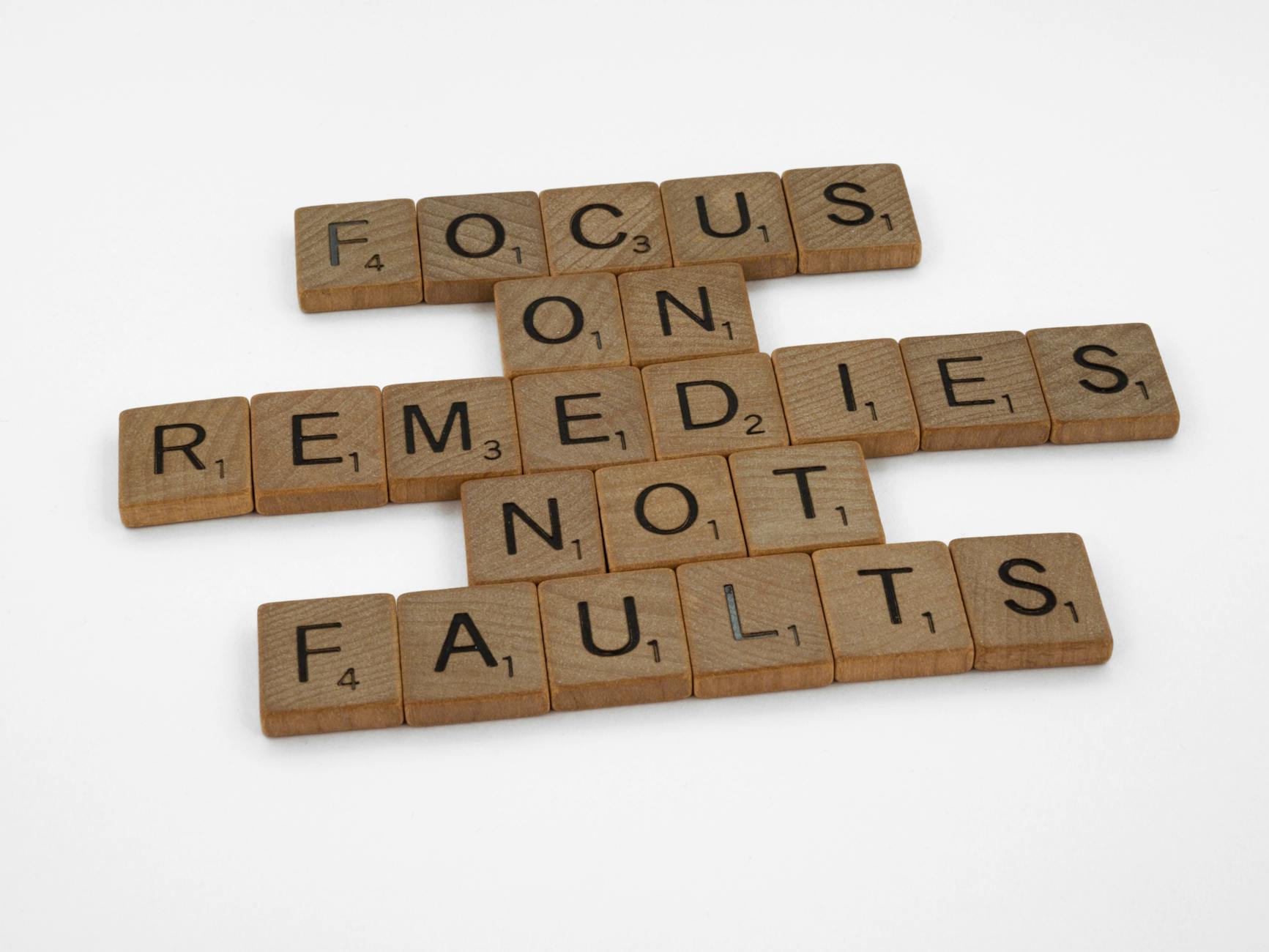What is motivation through rewards?
What is motivation through rewards?
Motivation through rewards is a powerful concept that can significantly enhance personal development and productivity. It revolves around the idea that offering incentives can drive individuals to achieve specific goals, whether in professional, academic, or personal settings. In this blog post, we’ll explore the benefits and implications of using rewards as a motivational tool, shedding light on how they can transform performance and satisfaction in various aspects of life.
Understanding Motivation
To grasp the essence of motivation through rewards, it’s crucial to define motivation itself. Motivation is the internal drive that prompts individuals to act toward achieving goals. It influences our behaviors daily, whether getting out of bed for work, studying for an exam, or completing a project. Understanding this concept helps clarify why certain strategies, like rewards, can push us toward success.
The Psychology of Motivation
Motivation can be divided into two categories: intrinsic and extrinsic. Intrinsic motivation arises from within; it’s the personal satisfaction of achieving a task or pursuing a passion. For example, a student might study hard because they love learning, not merely for grades. On the other hand, extrinsic motivation is driven by external factors, such as rewards or recognition. Rewards—be they monetary bonuses or praise—play a crucial role in shaping our motivation profiles. Understanding this distinction allows us to tailor motivation strategies effectively. For more insights on motivation psychology, check out Psychology Today.
Types of Rewards
When discussing motivation through rewards, it’s essential to recognize the different types available:
Tangible Rewards: These are physical or monetary incentives, like cash bonuses, gift cards, or additional time off. They provide immediate gratification and can effectively motivate individuals to reach specific targets.
Intangible Rewards: These include recognition, praise, and personal satisfaction. While they might not have a direct monetary value, they can powerfully impact an individual’s self-esteem and sense of accomplishment.
Both types of rewards can profoundly influence how motivated individuals feel. For a deeper dive into the types of rewards and their effects, read this helpful guide from Vantage Circle.

Photo by Brett Jordan
The Role of Rewards in Enhancing Productivity
Motivation through rewards can significantly boost productivity across various contexts, including work, study, and personal projects. When people know they will receive a reward for their efforts, they are often more focused and dedicated to achieving their goals.
Immediate vs. Long-Term Rewards
One of the key aspects of motivation through rewards is understanding the difference between immediate and long-term rewards. Immediate rewards, such as bonuses for completing a project, can enhance short-term motivation and encourage quick results. In contrast, long-term rewards, like promotions or career advancement, can help maintain motivation over time, guiding individuals toward sustained performance. Research suggests that immediate rewards can effectively spark interest in tasks, as highlighted in the Cornell study.
Setting Effective Reward Systems
Creating a reward system that effectively motivates individuals involves a few best practices:
- Be Specific: Clearly define what behaviors or outcomes will be rewarded.
- Ensure Fairness: Make sure the rewards are attainable and appropriate for the effort required.
- Communicate: Regularly remind individuals of the reward system and the benefits of achieving goals.
By following these guidelines, organizations and individuals can foster a motivating environment that propels everyone toward success. For more ideas on structuring reward systems, refer to this comprehensive article on employee motivation using rewards.
Challenges of Motivation Through Rewards
While motivation through rewards can be highly effective, it’s not without challenges. Understanding these potential drawbacks is essential for creating a balanced approach.
The Risk of Overjustification
One significant concern is the overjustification effect, where individuals may lose intrinsic motivation due to excessive reliance on external rewards. When people become overly focused on rewards, they can start to see the task itself as less enjoyable or meaningful. Striking a balance between intrinsic and extrinsic motivation is crucial to avoid this pitfall.
Reward Dependency
Another challenge is reward dependency, where individuals become reliant on rewards to maintain motivation. This dependency can undermine long-term motivation and lead to a lack of engagement when rewards are not present. To combat this, it’s essential to integrate intrinsic motivators alongside extrinsic rewards.
Implementing Motivation Through Rewards in Daily Life
If you’re looking to incorporate motivation through rewards into your daily routine, consider these actionable strategies.
Personalized Reward Systems
Tailoring reward systems to fit your personal preferences and goals can create a more engaging experience. Identify what motivates you most and incorporate those elements into your reward structure. This could range from treating yourself to a favorite snack after completing a task to planning a fun outing for achieving a long-term goal.
Tracking Progress and Celebrating Achievements
Monitoring your progress and celebrating milestones is vital in motivation through rewards. Keeping track of your achievements can help create a sense of accomplishment and motivate you to keep going. Recognizing your successes, no matter how small, can reinforce positive behaviors and keep the momentum going.
Conclusion
In summary, motivation through rewards is a potent tool for driving personal and professional growth. Understanding the psychology behind motivation, implementing effective reward systems, and addressing the potential challenges can lead to improved productivity and satisfaction. By leveraging both intrinsic and extrinsic rewards, you can create a motivating environment that supports your goals and aspirations. Embrace the power of motivation through rewards—it’s time to unlock your full potential!